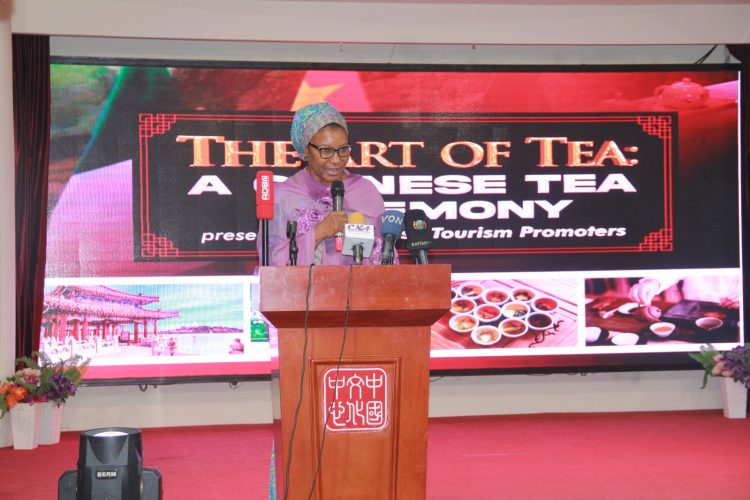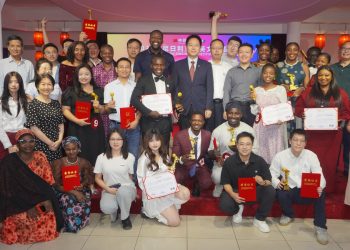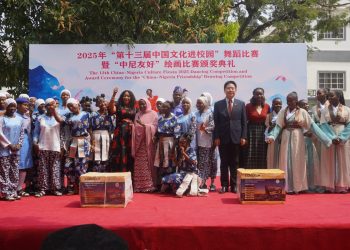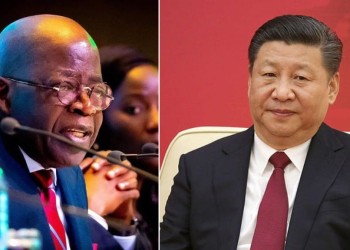Senator Ireti Kingibe, representing the Federal Capital Territory (FCT) has called for a stronger partnership between Nigeria and China in tea production.
Speaking at the 2024 Chinese Tea Ceremony in Abuja on Tuesday, Senator Kingibe emphasized the significance of tea culture in fostering economic growth, cultural diplomacy, and mutual understanding between nations.
According to Senator Kingibe, Nigeria has untapped potential in tea production, with its fertile lands and diverse resources offering a unique opportunity for investment and cooperation. She noted that the possibilities for investment in tea production, tourism, and cultural exchange could help diversify Nigeria’s economy, empower local communities, and showcase the country on the global stage.
The Senator also highlighted the importance of tea culture in promoting cross-cultural understanding and people-to-people diplomacy. She emphasized that the Chinese tea ceremony, with its emphasis on harmony, respect, and mindfulness, could serve as a model for fostering greater cooperation and understanding between Nigeria and China.
Senator Kingibe commended the organizers of the event for their vision and dedication to promoting tea culture and fostering Nigeria-China cooperation. She expressed hope that the event would ignite lasting partnerships, inspire innovative solutions, and pave the way for a brighter future of shared prosperity.
In his remarks, Yang Jianxing, Cultural Counsellor of the Chinese Embassy in Nigeria said China is the birthplace of the tea tree and the first to cultivate tea as a beverage over 3,000 years ago.
He explained that the evolution of tea in China has led to the development of six major categories: green, yellow, black, white, oolong, and processed tea.
Yang described the Chinese tea ceremony as an art form that embodies both preparation techniques and a philosophical spirit that promotes moral cultivation and harmony between humans and nature. He noted that tea culture, which originated in China, has spread globally through the Silk Road, becoming a cherished tradition in many countries.
Earlier in his remarks, Phil Roberts, President of the Chinese Tourism Promoters and convener of the event said his goal is to use tea ceremonies to promote unity, strengthen bilateral relationships, and help individuals tap into the economic potential of tea.
The event also featured the unveiling of the China-Africa Tourism Expo, which aims to serve as a platform for trade and collaboration in the tourism sector between China and Africa.
“We want to create a space where African innovations meet Chinese expertise,” Roberts said.
Held at the China Cultural Center in Abuja, the event brought together dignitaries, business leaders, and cultural enthusiasts from both countries, providing a platform for networking, collaboration, and mutual understanding.













































